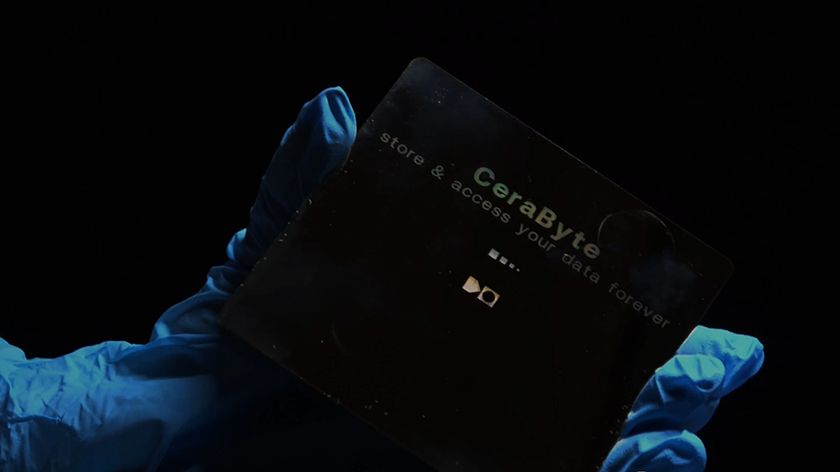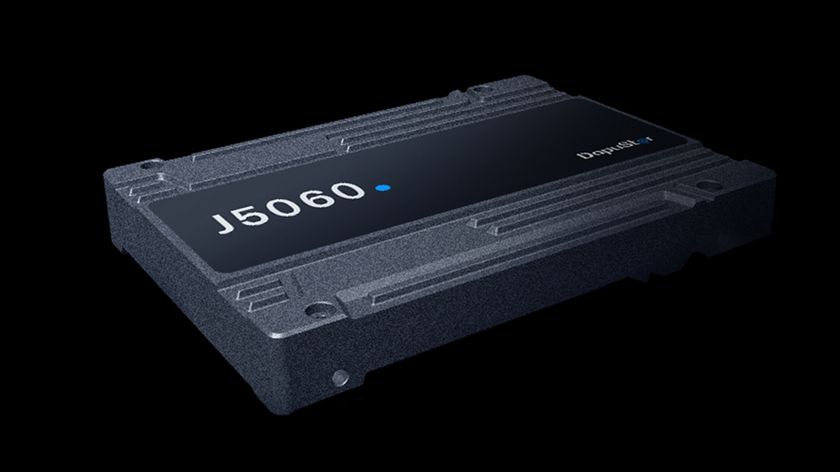"Ubuntu has the strongest chance to take Linux mainstream"
Interview with Samba's Jeremy Allison
LXF: The NAS vendors all have quite a lot to say about Samba deployment. How do they get involved in development?
JA: The NAS vendors were instrumental in our decision to go to a six-monthly release cycle. They said: "Look, you have to get something more reliable going on. It doesn't matter if you've got no new features, but we have to have a new release." We were doing that anyway, but they need to know where we'll be in six months because that's their lead time on any product. Some releases are going to be better than others – that's natural, people understand that – but they have to be released in a reliable time frame.
LXF: Do they make any monetary contributions?
JA: Oh yes, but the contributions are mainly code. They also have some great ideas. We don't necessarily always take code, so one NAS vendor for instance, Isilon – they're running on FreeBSD, and they had zero-copy writes, and they had a bunch of very intrusive code that they gave to us and said "This is how we did it." I looked at it and decided that there was no way we could put it in because it'd mess things up, but that then made me realise how it should have been done, so I went and cleared it up.
They'd understood what the problem was and got it to the point where it worked on their box, but the way they'd done it was very specific so I generalised it and now it's part of 3.2 and it works. Any splice that's done that has a receive file, you can do zero-copy reads into Samba. Vendors will run into specific bugs that we might not run into because they have an extremely large customer environment.
They'll suddenly pop up and say: "Hey, when you run Libwine with 2,000 DCs (domain controllers), this thing breaks." We wouldn't have that in our test environment, because we don't have 2,000 DCs at our disposal. They do that kind of thing and it works really well.
LXF: Did you ever imagine that this is what it would come to and how much it would be worth – or that it would be so important to Linux and so many other open source projects?
Get daily insight, inspiration and deals in your inbox
Sign up for breaking news, reviews, opinion, top tech deals, and more.
JA: No, I never thought it would be that popular. Because we don't own it, there's never even been any thought of, "Oh man, if we'd just done this privately we'd all be millionaires by now." We couldn't have done this if we'd tried to do it in a proprietary way – it simply wouldn't be what it is. You watch people who've tried to do stuff like Samba in a proprietery way, and all those products failed. Had we not invented Samba, somebody else would've invented it and they would've put us out of business.
LXF: That makes Samba the perfect example of open source software where, as you said, if you hadn't invented it somebody else would. There was a desperate need for it.
JA: There was a desperate need for that kind of functionality, so somebody had to come along and create it. It happened to be us, but it could have been anyone.
-------------------------------------------------------------------------------------------------------
First published in Linux Format issue 113
Now read Linux Format's interview with Former Fedora Project Leader Max Spevack: Defending the flame of Linux freedom
The TechRadar hive mind. The Megazord. The Voltron. When our powers combine, we become 'TECHRADAR TEAM'. You'll usually see this author name when the entire team has collaborated on a project or an article, whether that's a run-down ranking of our favorite Marvel films, or a round-up of all the coolest things we've collectively seen at annual tech shows like CES and MWC. We are one.












